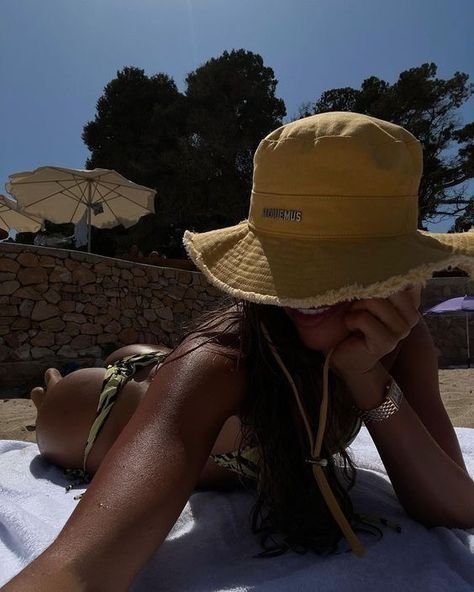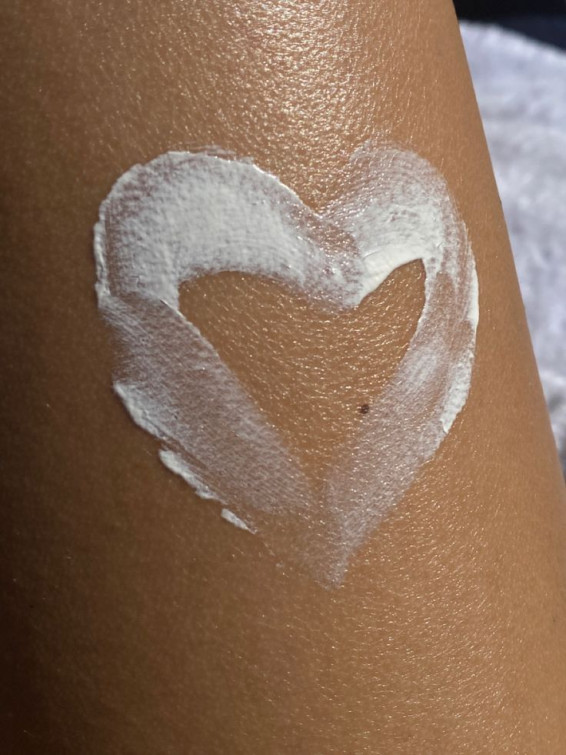Remix Chats with Lead Skin Cancer Doctor at Skin Institute, Dr Megan Reilly
Did you know that skin cancer causes around 500 deaths in New Zealand each year? A horrendous statistic that can be avoided if we take the time to get a skin check. In the name of research (and self-care) Remix digital & lifestyle editor, Nina recently went into Skin Institute to have her very first skin cancer check.

“Going into Skin Institute for my first check was a little daunting. As I am in my 30s I wondered if I had left things too late, a thought I’m sure resonates with a lot of people. Needless to say, the whole experience was both positive and reassuring. My skin check took roughly 15 minutes and the Skin Cancer doctor and (female) nurse made me feel very comfortable. I laid down on the bed with a sheet, while the Skin Cancer doctor checked over my body with a Dermatoscope. Once he had finished his check he was able to tell me then and there if there were any moles of concern - luckily this time, there weren’t.”
“It was a great relief and I couldn’t recommend the experience enough. Living in New Zealand, we are exposed to harsh UV rays, and we Kiwis are no strangers to a good sunbathing session. I feel as a relaxed nation, we tend to be a little complacent when it comes to checking our skin, but the statistics speak for themselves. Skin cancer can be avoidable if we just take 30 minutes out of our day to see a professional, and with payment plan options, it’s as easy as buying that coveted bag or piece of clothing.”

Remix chatted with Lead Skin Cancer Doctor at Skin Institute, Dr Megan Reilly on what a skin check entails, what kind of moles are dangerous, and what the process would be if you had a mole of concern.

Can you please talk us through what a skin check entails?
A skin check is a full top-to-toe assessment of the body to detect any concerning spots that may indicate the presence of a skin cancer. Underwear is left on and all visible parts of the skin are thoroughly checked – even between the toes and the scalp as much as practicable.
When I had my skin checked, I was surprised that the moles I was most concerned about weren’t the type of moles that would normally present themselves as cancerous. What are the types of moles that we should be monitoring for the potential development of skin cancer?
There are three main types of skin cancers: Basal Cell Carcinoma (BCC), Squamous Cell Carcinoma (SCC) and Melanoma – the latter being the most dangerous. Each look different and have a variety of characteristics we look out for. BCCs typically appear as non-healing open sores, red patches that may ooze, crust, itch or bleed. SCCs can appear as rough, thickened, wart-like dry patches of skin that may grow quickly (over weeks to months) and can often be tender or painful. Melanomas – the most dangerous of skin cancers and the cause of approximately 300 deaths each year in NZ – are the ones that often look like an innocuous mole or freckle. However, that mole or freckle may change in shape or colour, have different shades of colour throughout, have an irregular border, may grow in size or it may bleed or be itchy, and that is when there is a possibility it has become a melanoma.
How often should people be having their skin checked?
A yearly skin check is recommended to stay ahead of any changes to the skin, as early detection most definitely increases the chances of surviving skin cancer. However, if you notice anything that is concerning in between times, it is best to get checked as soon as possible.

How long does a full skin check take?
A full body skin cancer consultation usually takes between 20-30 minutes. This includes checking your risk factors for skin cancer such as family history of skin cancer and whether you have had a lot of sunburns in the past, or used sunbeds. Then your skin is assessed with a Dermatoscope, which is a special device for viewing the skin in detail a.k.a ‘the stethoscope for the skin’. Photographs of any skin lesions of concern may also be taken.
What is the process if there is a mole of concern identified during a skin check?
If a lesion is identified as a possible skin cancer, your practitioner will discuss the next steps with you which may include biopsies and/or surgical excision, or a non-surgical treatment option such as cryotherapy or skin cancer treatment creams. Often, a biopsy or cryotherapy can be performed in the clinic at the time of your consultation. If necessary, you will be referred on to one of our Skin Institute Specialist Surgeons.
How long does it normally take for a skin cancer diagnosis?
Once your lesion has been biopsied or surgically excised, the tissue is sent to a local laboratory for analysis. If this is a public lab, eg. Te Whatu Ora LabPlus Auckland Laboratory, the result may take up to five weeks. It is often a shorter timeframe for public labs in other parts of the country. If you select to use Skin Institute’s private laboratory service, SkyLab, when you come to a Skin Institute clinic in Auckland or Wellington, your results should be available within as little as five days. This express service is from an additional $190 but is invaluable to provide much-needed peace of mind much faster, or ensures any necessary treatment is able to be commenced as soon as possible.

How should we be protecting our skin best during summer?
Ensure you apply a good quality broad-spectrum sunscreen of at least SPF 30+ (ideally SPF 50+) every morning. Reapply your sunscreen every 2 hours when you’re outside in the sun. If you are swimming or doing heavy physical activity select a sunscreen that is water resistant also. Wear protective clothing such as a wide-brimmed hat and long sleeves. Seek shade during the hottest hours of the day, which is between 10 am and 4 pm, and don’t forget to wear sunnies, too! However, sunscreen should really be applied every morning as part of your daily routine, year-round.
Is there anything else you would like to add?
There are great apps such as UVNZ that can advise UV levels around the country and when you need to wear sunscreen depending on your skin type and whether it is cloudy or sunny. Remember skin cancer doesn’t care that you’re busy - get checked today.
All images via Pinterest





